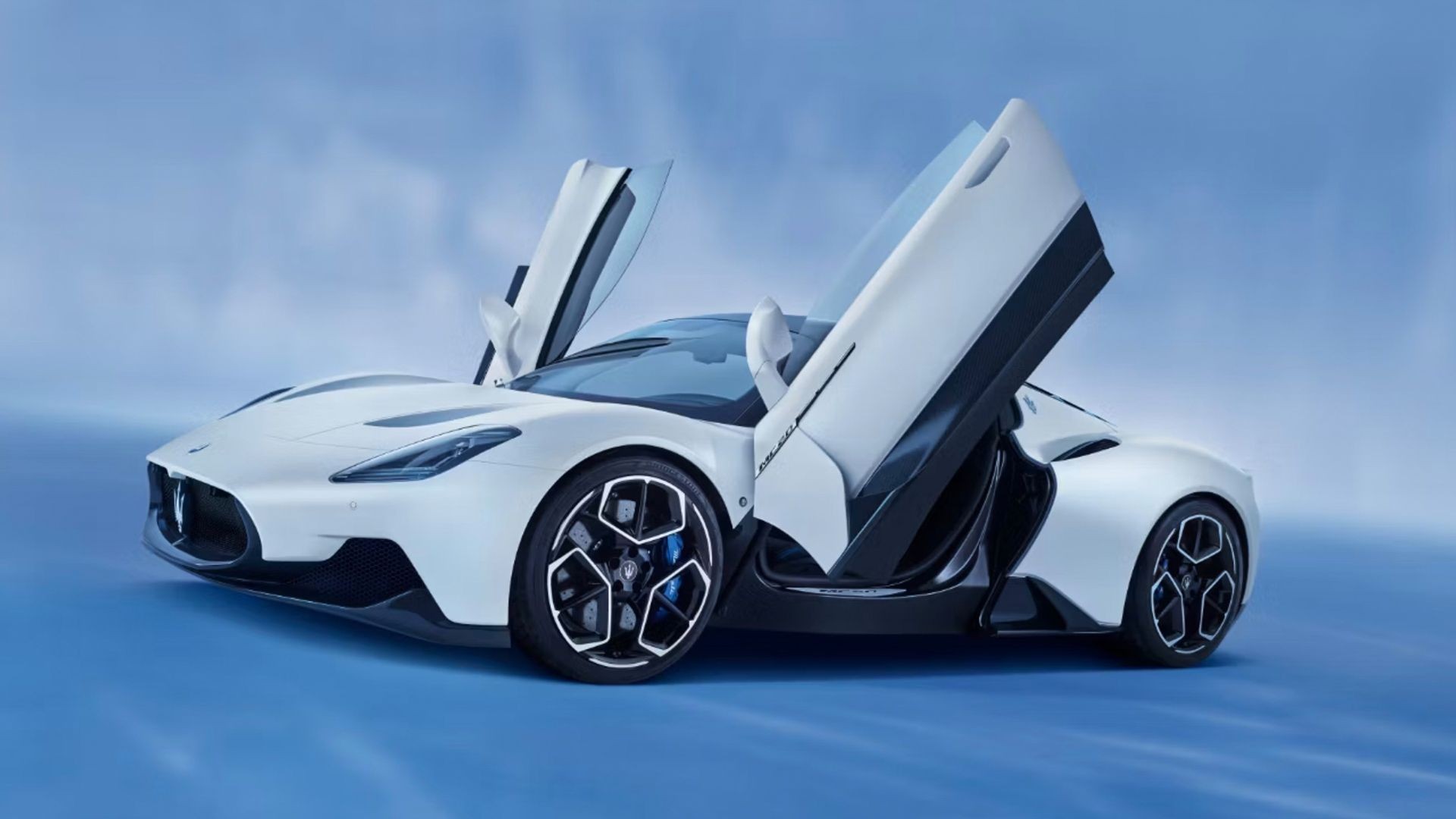Frustrated by speed limits? An AI-driven Maserati Mc20 just shattered them, achieving a new land speed record for autonomous vehicles, hitting the coveted 200 mph mark without a human driver. This groundbreaking feat took place during the 1000 Miglia Experience Florida, an event inspired by the classic Italian endurance race, utilizing the expansive 2.8-mile runway at the Kennedy Space Center. This runway, known for its exceptional length, is a favored location for speed record attempts, previously hosting Hennessey’s Venom F5 during its high-speed testing phase.
AI Software Developed by Italian University Team
The innovative AI software powering this record-breaking run was engineered by the PoliMOVE-MSU team, a part of the Artificial Intelligence Driving Autonomous project from Politecnico di Milano (Milan Polytechnic University). This team meticulously integrated their autonomous driving software into a Maserati MC20 coupe, preparing it for a fully autonomous high-speed run down the Kennedy Space Center runway.
Before this achievement, PoliMOVE-MSU already held the autonomous speed record, set in April 2022 with their IAC AVC-21 racecar at 192.8 mph on the same Kennedy runway. They also previously established the fastest autonomous production car record at 177 mph, also using a Maserati MC20, achieved at the Piacenza Military Airport in Italy. This new 200 mph record significantly surpasses their previous benchmarks, demonstrating substantial progress in autonomous driving technology.
MC20 Continues Journey After Record-Setting Speed
Following the high-speed record attempt, a second Maserati MC20, this time the open-top Cielo convertible variant, joined the 1000 Miglia Florida event. This showcased the versatility of the MC20 platform and Italian automotive excellence to the public. Maserati has stated this public appearance is intended to “parade on the roads of the United States, showcasing the excellence of Italian research,” suggesting the vehicle may operate autonomously at lower, road-legal speeds during the event.
The project’s Scientific Director, Professor Sergio Matteo Savaresi from Politecnico di Milano, emphasized the purpose behind these high-speed tests. “The goal of high-speed tests is to evaluate the behavior of robo-drivers in extreme conditions. These AI systems have been tested in production vehicles at legal road speeds in the Indy Autonomous Challenge races since 2021. The AIDA team used this test to push the boundaries of autonomous driving, improving safety and reliability. Conducted in controlled environments without a human driver, the test assesses the AI’s stability, robustness, and reaction time, ultimately enhancing safety for low-speed urban mobility situations.” This highlights how pushing autonomous technology to its limits in controlled environments like high-speed runways directly contributes to safer and more reliable autonomous systems for everyday driving scenarios.
